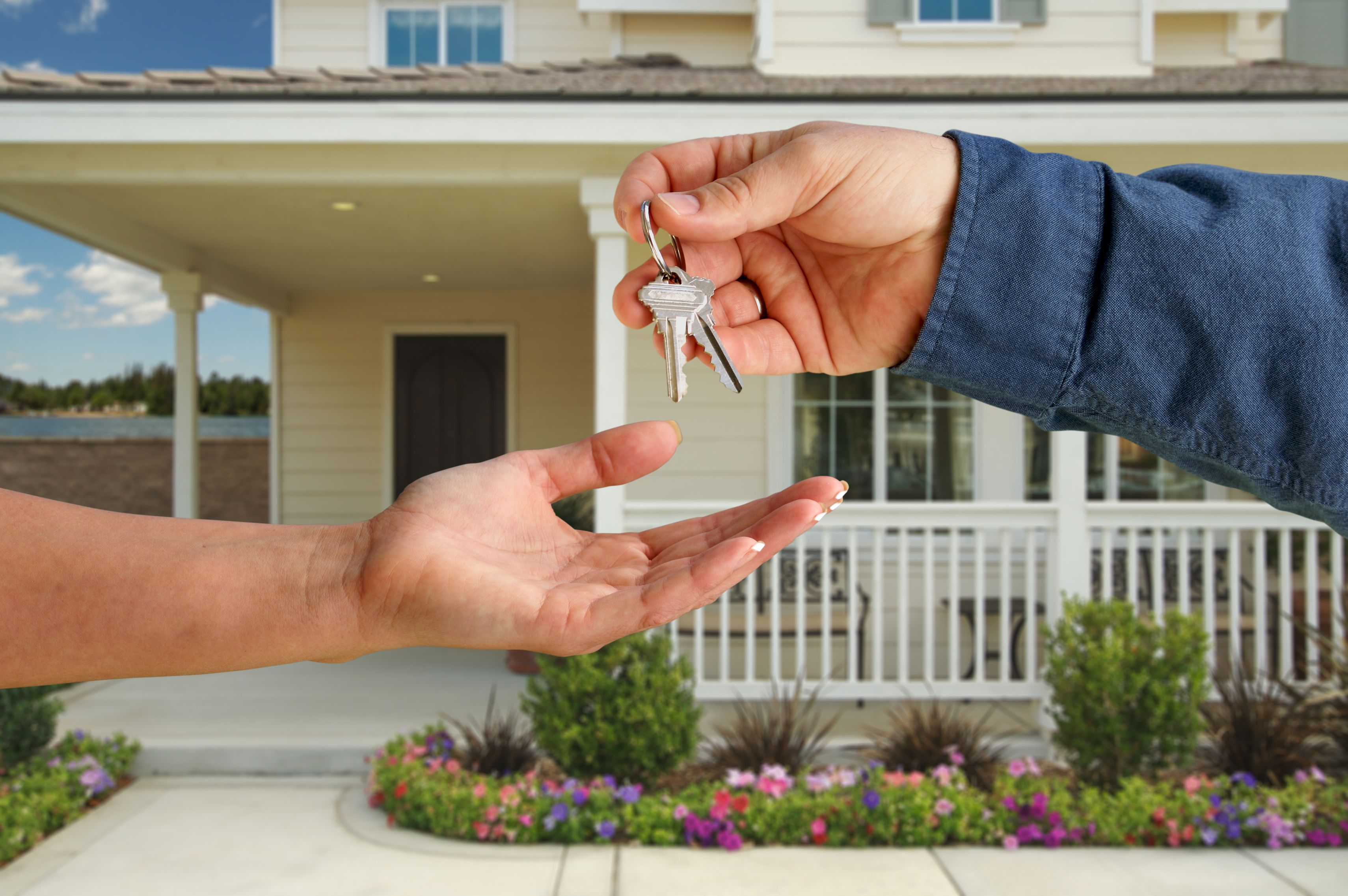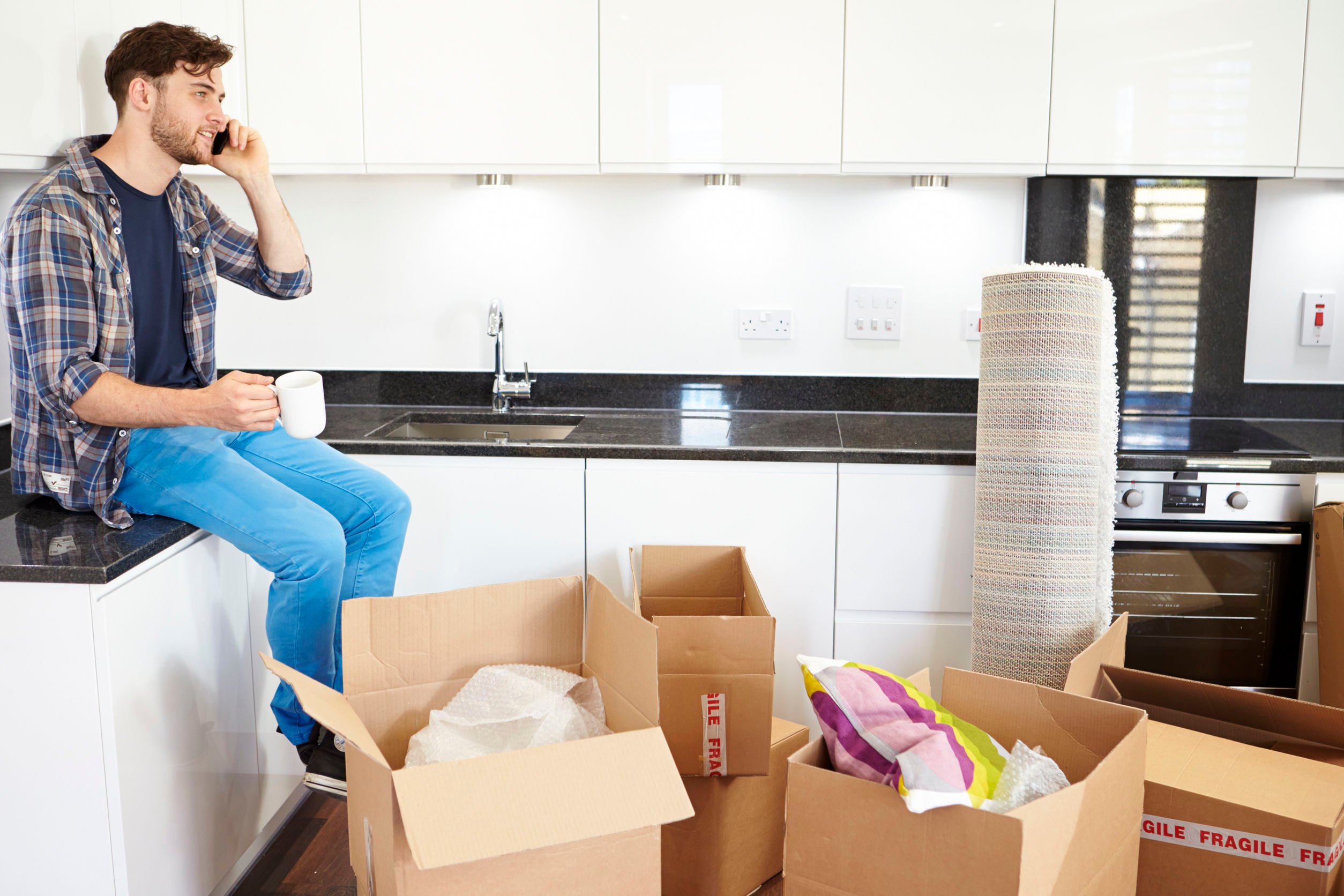First-time homeownership is a serious milestone in one’s life. Signifying financial growth, independence, and maturity, it is way up there on many people’s list of goals. However, the process of becoming a homeowner can be quite grueling and stressful. Follow these tips to start your transition into homeownership and you’ll be packing and comparing moving company prices sooner than you think!
Sort Out Your Finances
Before you dive into the adventure of buying your first home, some steps are necessary in order to streamline the process. The first and most important thing is to cut down on debt and make sure your credit is in tip-top shape. Save as much for a down payment as you can, starting as early as possible.
Know What You Want (and what you can afford)
House hunting is much easier and simpler if you know what you want, what you need and what you can afford. Make a list of the things you want in your ideal home. List what you must have along with what you would find nice to have but isn’t a necessity. Bring this list along when you are ready to start looking at homes and check off the features you find in every home you visit. It’s easy to get confused when viewing many properties, and keeping a list will help you assess which of the homes you viewed are the best match for your likes and needs.
Space vs. Location
One of the important debates you will need to settle is the choice between the desired location and ideal home size. It is likely that you will have to make some kind of compromise between your most desired neighborhood and the size of home you want. Consider the pros and cons and make up your mind before you start looking at properties to save a lot of time and confusion.
Is Sweat Equity Right for You?
Thinking of buying a cheaper home with the intention of increasing its value through repairs and restoration? This could be wise if you are up to the challenge, love DIY, and have the time and energy to spare. Even if you’re not thinking about the resale value, you will still enjoy improvements to your home and save a lot of money.
If restoring a home isn’t up your alley, buying at a higher price point might prove wiser and will save you money in the long run. A more expensive home is likely to need less work and repairs in the future. Keep this in mind when deciding on your final budget.
Home Inspection 101
You cannot be too fussy when it comes to home inspection. Get the most thorough and professional inspection you can, and pay special attention to the quality of remodeling and repairs made to the home. Make sure they were carried out professionally and that the seller isn’t trying to pass off a serious problem under a new coat of paint. Also, get a land survey to make sure the property is the size its seller attests to. You can use your findings as leverage and continue negotiating for the home or walk away if problems seem more serious than you are willing to handle.
Unexpected Expenses
Owning your own home has many hidden price tags you need to be aware of and plan for: taxes, home repairs, higher commute costs, increased utilities, lawn maintenance and HOA costs to name but a few. You might also wish to start an emergency fund for that new roof or retiling job you will eventually need.
Location!!!
Your home’s location is crucial. Not only will it greatly influence your quality of life, it will also affect your home’s value if you decide to resell. For example, even if you don’t have kids or any intention of starting a family, the school district your home is in will play a major part in its resale. Think about all the other common details of the location as mentioned in this article. You should also make sure to check neighborhood building plans to see if anything that might affect your quality of life or home value is in the works for the near future.
Research Financing
Make sure you research all your financing options before you commit to a mortgage. There are conventional and FHA (Federal Housing Administration) loans as well as loans from various non-profits. Veterans and buyers in certain areas are eligible for favorable terms on their loans. Shopping around for better mortgage rates and mortgage insurance rates will ultimately save you a lot of money.
Creative Bidding
When you have found a home you are ready to buy, strategize your bidding creatively. Something as simple as a cover letter to go with your offer could make the difference between a bid accepted and one ignored. All cash offers have a very high acceptance rate, as well as offers made after an inspection has been carried out and offers to waive financing or inspection contingency.
Have more advice for first-time homeowners? Share it with us in the comments.







